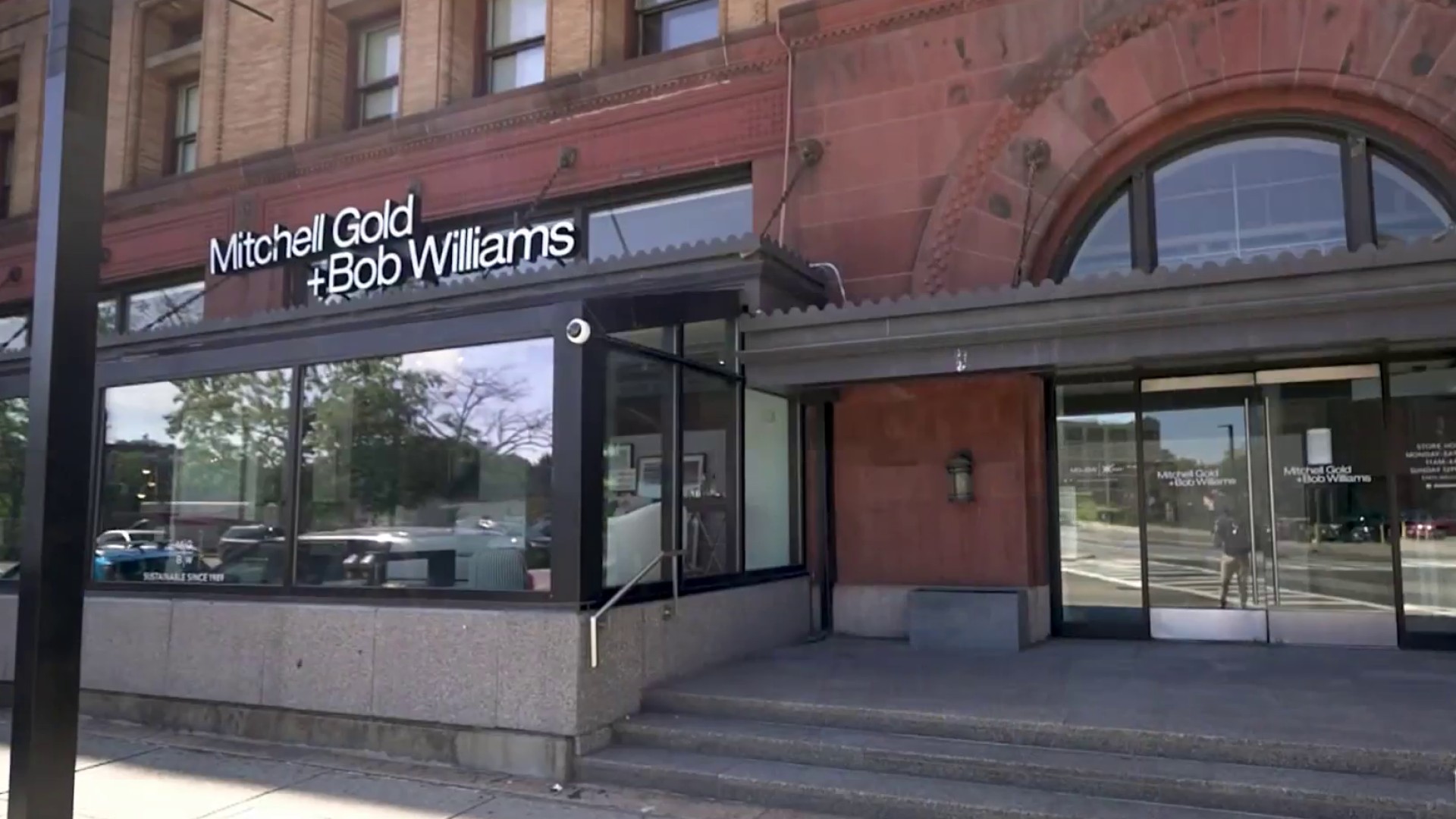Identity theft can take a serious financial toll. But it can also have a significant emotional toll on victims.
The Identity Theft Resource Center is a national nonprofit that provides one-on-one victim recovery assistance for victims of identity theft. The ITRC surveys the victims who reach out to them every year for help and this year’s Consumer Impact Report found that 16% of victims reported thoughts of suicide. That’s up from 10% last year.
“The feelings of being violated, the feelings that they can no longer trust anyone, which are also feelings that victims report in very high numbers, that that is contributing to this feeling of overwhelm,” said Eva Velasquez, ITRC’s president and CEO. “How am I going to get myself out of this? I can't see a pathway forward to recovery. And when you add to that, a number of people are reporting that they feel shame or embarrassment or guilt, that they did something wrong. So they actually are taking personal responsibility and feeling at fault that they are in this situation that leads people to further isolate. They don't reach out for help. They don't reach out for support."
She said this is a very complex space and there is no shame or embarrassment in asking for help.
Get Boston local news, weather forecasts, lifestyle and entertainment stories to your inbox. Sign up for NBC Boston’s newsletters.
Identity crime victims are also losing more money than in previous years.
“We are seeing the financial losses increasing across the board,” said Velasquez. “In fact, 29% of ITRC victims reported losses of $10,000 or more. And some of those were in the hundreds of thousands. And when you really step back and think about it, how many of us listening, watching right now could absorb a $10,000 loss easily?”
And 69% of consumers have been victims of identity theft more than once.
Velasquez shared her top three tips to reduce your risk of identity theft.
- With all of the calls, emails, text messages and social media communication we get, if you didn’t initiate the contact, go to the source and verify it. If you think your bank is calling, hang up, and call the number on the back of your bank card.
- Freeze your credit with the three credit bureaus. If someone does have your identity credentials, this will prevent them from being able to open new accounts or lines of credit in your name. It’s free and easy to do.
- Use unique complex passwords across all of your different accounts. Make them 12 characters or longer, and if you don’t use a password manager, write them down on paper and keep them in a safe place. Don’t save the list on your devices.
ITRC services are free. If you’ve been a victim of an identity crime, they will give you a tailored plan and assign you an advisor who will walk you through every step of the process. There is no time limit as to how long they will help you and they are also trained to deal with the very strong emotions that people are dealing with as they go through this.
You can find more information on the ITRC here: https://www.idtheftcenter.org/



